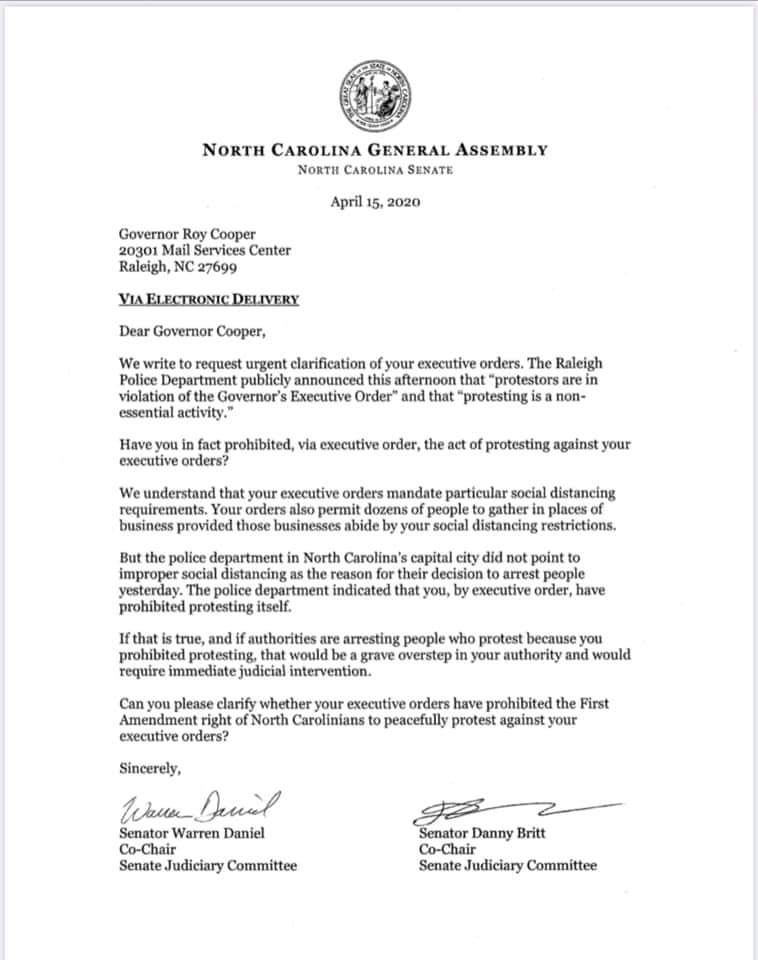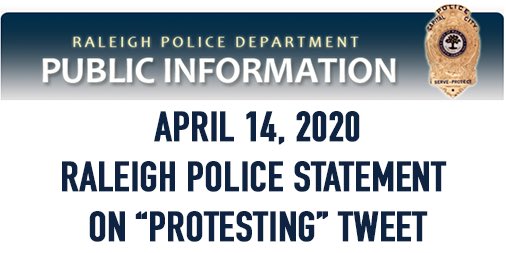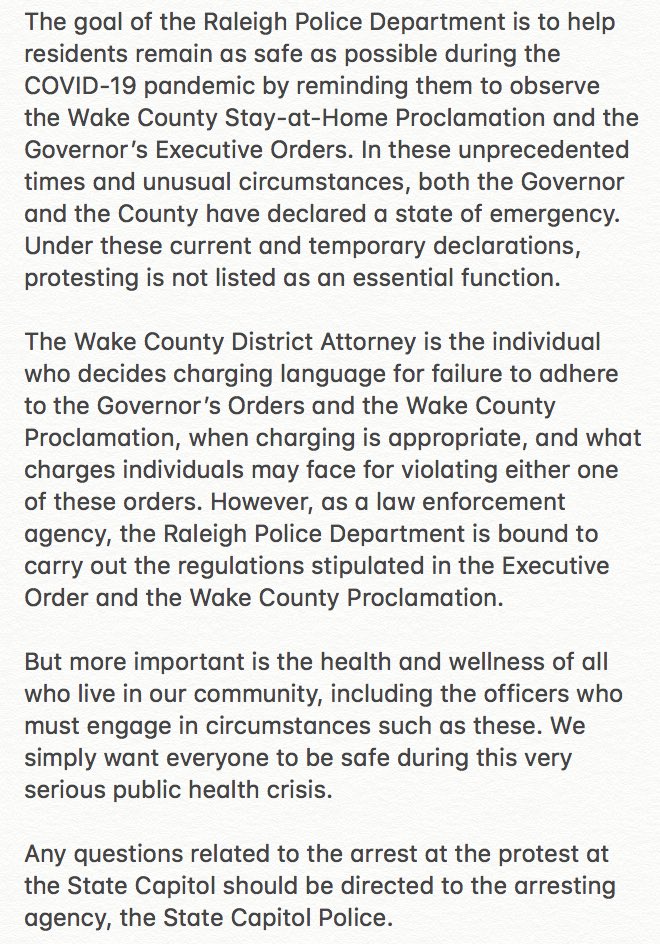DEFCAD
In August 2013, DEFCAD released the public alpha of its 3D search engine, which indexes public object repositories and allows users to add their own objects. The site soon closed down due to pressure from the United States State Department, under the pretense that distributing certain files online might violate US Arms Export ITAR regulations.
From 2013 to 2018, DEFCAD remained offline, pending resolution to the legal case Defense Distributed brought against the State Department, namely that ITAR regulations placed a prior restraint on Defense Distributed’s free speech, particularly since the speech in question regarded another constitutionally protected right: firearms. While the legal argument failed to gain support in federal court, in a surprise reversal in 2018, the State Department agreed that ITAR did in fact violate Defense Distributed’s free speech. Therefore, for a brief period in late 2018 DEFCAD was once again publicly available online.
Shortly thereafter, 20 states and Washington DC sued the State Department, in order to prevent DEFCAD from remaining online. At its core, this new suit (correctly) cited a procedural error: the proper notice had not been given prior to enacting the change in how ITAR applied to small arms. As such, DEFCAD was once again taken offline, pending the State Department providing proper notice via the Federal Register.
On March 28, 2020, DEFCAD once again became publicly available online
Gun-Rights Activist Releases Blueprints for Digital Guns
Cody Wilson calls the move impervious to legal challenge
A U.S. technology company made thousands of digital-gun files publicly available, including blueprints that will enable users to make plastic guns with three-dimensional printers, a scourge of gun-control advocates.
Cody Wilson, a director of the company, Defcad, has waged a multiyear legal battle against the federal government over the right to share 3-D-gun-related materials. This was the third time he has released such files, but the first time he has abided by U.S. foreign export controls online, using what he said are digital verification tools to ensure legal file downloads.
Mr. Wilson said he believed his release of the files would be “impervious” to legal challenge and would help normalize the distribution of such material for easy download in the future.
Mr. Wilson is offering access to the files for an annual fee of $50, characterizing his service as “Netflix for 3-D guns.”
His opponents quickly condemned the action, saying that he is bypassing federal gun laws, including those providing for background checks of gun buyers. Foes are also concerned about the proliferation of 3-D-printed guns, which don’t have serial numbers, making it difficult for law-enforcement officers to track them should they be involved in a crime.
“The biggest concern with 3-D-printed guns and the technical data for them is that they’re not traceable,” said Kelly Sampson, counsel at Brady: United Against Gun Violence, a gun-control group. “It’s a huge loophole and opportunity for people who would otherwise be unable to access firearms to be able to do so.”
Federal law generally permits the manufacture of guns for personal use.
The State Department, which oversees the distribution of 3-D-gun blueprints, regardless of export intent, has the responsibility of scrutinizing Mr. Wilson’s new effort. The department declined to comment.
Mr. Wilson said he is fighting the imposition of limits on personal freedoms and that he expects people to download the 3-D-gun files not necessarily to manufacture guns, but “as a form of internal resistance.”
“For me, this is a political battle,” Mr. Wilson said.
Mr. Wilson first alarmed lawmakers when his company, Defense Distributed, published 3-D-gun design files in 2012. In 2013, the State Department ordered him to take down the plans.
The Obama administration ultimately reasoned that the files could be downloaded by foreign nationals and were thus classified as exports regulated by the International Traffic in Arms Regulations, or ITAR, a U.S. control on the export of defense and military technology.
Mr. Wilson had run afoul of laws designed to control sales for export, not those restricting domestic transactions.
Mr. Wilson engaged in a lengthy legal fight with the federal government, ultimately prevailing in 2018 when the State Department amended its policy and allowed the files to be posted, issuing Mr. Wilson a license to do so.
President Trump waded into the discussion that summer, writing on Twitter that he was “looking into 3-D Plastic Guns being sold to the public. Already spoke to NRA, doesn’t seem to make much sense!”
Mr. Wilson again published the plans on his site, before a group of 19 state attorneys general brought suit against him in Seattle federal court. U.S. District Judge Robert S. Lasnik issued an injunction ordering Mr. Wilson to take down the plans.
In his ruling, Mr. Lasnik wrote that Mr. Wilson aimed “to arm every citizen outside of the government’s traditional control mechanism.”
Mr. Wilson said he had been waiting for a long-planned transfer of 3-D-gun oversight from ITAR to the Commerce Department to go through before reissuing the blueprints. Commerce Department oversight is in some respects more lenient than that of ITAR, as it isn’t subject to congressional approval.
But when a new suit was brought in Seattle federal court last year, blocking the transfer of 3-D guns to the Commerce Department’s oversight list, Mr. Wilson charted a new course.
Instead of openly publishing the plans, he said that he would now first vet people who would like to download them, ensuring that they are U.S. citizens or legal residents and that they are located within the U.S., maintaining compliance with ITAR export rules.
To achieve this, Mr. Wilson said he would employ four levels of security, including IP geolocation and proxy detection and technology developed for credit bureaus and anti-money-laundering specialists.
“The internet is not an airtight, hack-proof system,” Ms. Sampson said. “Even some of our most secure databases are vulnerable. It’s not quite living in reality to assume that you can 100% secure information that’s online.”
Mr. Wilson’s proposed system can’t prevent people who download blueprints from sharing them with others, including with those outside the U.S. “I can only tell them that it’s against the law to do so,” Mr. Wilson said.
Nevertheless, Mr. Wilson said his approach adheres to export rules. “I’m a compliant part of the system,” he said.
Defcad has so far made 3,680 files available. Mr. Wilson said that the site will ultimately offer more than 25,000 files, the great majority of which will be for traditional guns and gun components. Many of those are already in the public domain.
Mr. Wilson, who lives in Austin, Texas, timed his Friday release to coincide with the anniversary of the 1836 execution of several hundred soldiers in the Texas revolution in the town of Goliad.



